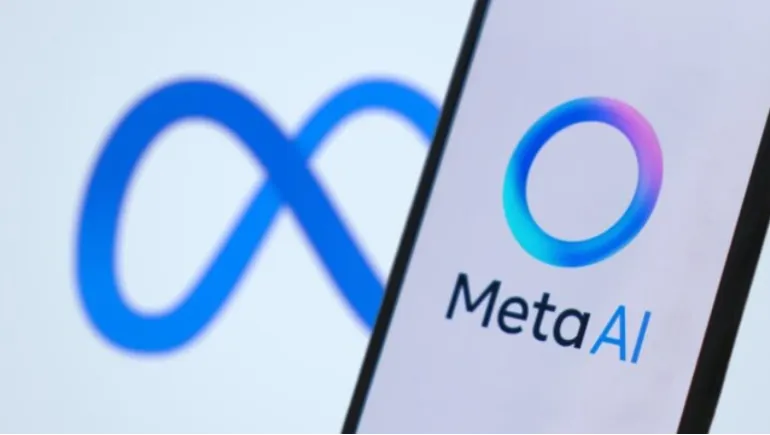
Meta—the parent company of Facebook, Instagram, and WhatsApp—has revealed plans to significantly reduce human oversight in its internal governance processes. The company aims to replace most human risk assessors with artificial intelligence for evaluating privacy, societal risks, and content moderation. This move could reshape how Meta operates—and raises important questions about the role of humans in an AI-driven future.
Meta intends to automate up to 90% of risk assessments currently handled by human reviewers. These assessments cover privacy, youth safety, misinformation, and the impact of new features on society. The goal is to speed up product development and reduce internal bottlenecks.
While this could increase efficiency, critics warn that removing human oversight from sensitive evaluations could lead to harmful outcomes, especially when dealing with complex social and cultural issues.
However, this shift toward automation brings trade-offs, especially in areas where human judgment is essential.
Meta isn’t alone in this automation trend. Other tech companies are also replacing human workers with AI tools to improve productivity and cut costs. Some industry leaders even warn that AI could replace a significant percentage of white-collar jobs in the coming years.
This shift could bring economic benefits but also risks widespread job displacement, requiring new strategies for workforce retraining and education.
To align with Google EEAT standards—Experience, Expertise, Authoritativeness, and Trustworthiness—Meta should take the following steps:
Meta’s decision to replace most human reviewers with AI reflects a commitment to speed and efficiency, but it also raises critical questions about fairness, safety, and accountability. While AI offers incredible capabilities, it lacks the empathy and cultural awareness that human decision-makers bring to the table.
For Meta—and the tech industry at large—the challenge will be finding the right balance between automation and human oversight. In the race to innovate, companies must ensure that ethical considerations and user trust remain top priorities.












Comments
There are no comments for this Article.